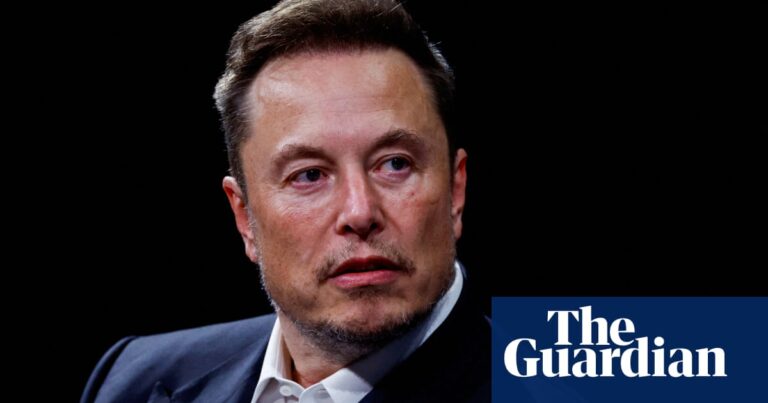Tesla shareholders approved The deal to pay CEO Elon Musk $45 billion in compensation came after a bitter referendum on his leadership.
The results, released Thursday, come as the billionaire tycoon struggles to hang on to the largest compensation package ever given to an executive at a publicly traded U.S. company.
“First of all, I want to say I love you guys so much!” an elated Musk said as he appeared on stage after the vote.
The vote came after a Delaware judge in January invalidated a payment to Musk then worth about $56 billion, on grounds that Tesla’s board was not deemed independent of Musk’s influence and that the amount was reached through an illegal process.
The outcome is a victory for Musk and the Tesla board, which worked hard to lobby shareholders to approve the deal. It could pose a challenge to the judge’s ruling that invalidated the deal and could help the Tesla board argue that shareholders were properly informed of the payment and the directors’ ties to Musk before voting.
Tesla’s board has warned that Musk could cut ties with the company if the package is not approved, but he insisted Wednesday night that he has broad support from investors.
Major shareholders including Norway’s sovereign wealth fund and the California State Teachers Retirement System announced they would vote against the payout before the vote, and proxy advisory firms Glass Lewis and Institutional Shareholder Services also opposed the payout.
But the vote doesn’t automatically mean Musk will receive the funds, and further controversy is likely to follow: There is still plenty of legal debate over whether the board can be considered independent and whether the package can be considered fair after a judge ruled against it.
The vote could also spur new litigation, which could send the case back before a judge and drag out a lengthy legal battle. Shareholders also approved a proposal to move Tesla’s legal headquarters from Delaware to Texas, which could further complicate the dispute.
Tesla originally devised Musk’s compensation package in 2017, with the CEO receiving 12 different tranches of stock options depending on whether the company met certain revenue and market goals. Shareholders approved the package by a wide margin in 2018, but one investor sued, alleging the board misled them and that the package was unfair.
Delaware Court of Chancery Judge Katherine McCormick ruled that Tesla’s board of directors’ process for determining Musk’s compensation was “seriously flawed.” She found that the board was rife with personal conflicts and was populated by Musk’s closest associates, including his former divorce lawyer.
Tesla’s board of directors, which is likely to appeal Judge McCormick’s ruling, attempted to amend her decision with a shareholder vote. Despite Judge McCormick’s criticism of the compensation package, the board proposed the same deal the judge rejected, but at a lower value due to Tesla’s falling stock price.

